- Write by:
-
Thursday, April 1, 2021 - 9:00:34 PM
-
688 Visit
-
Print
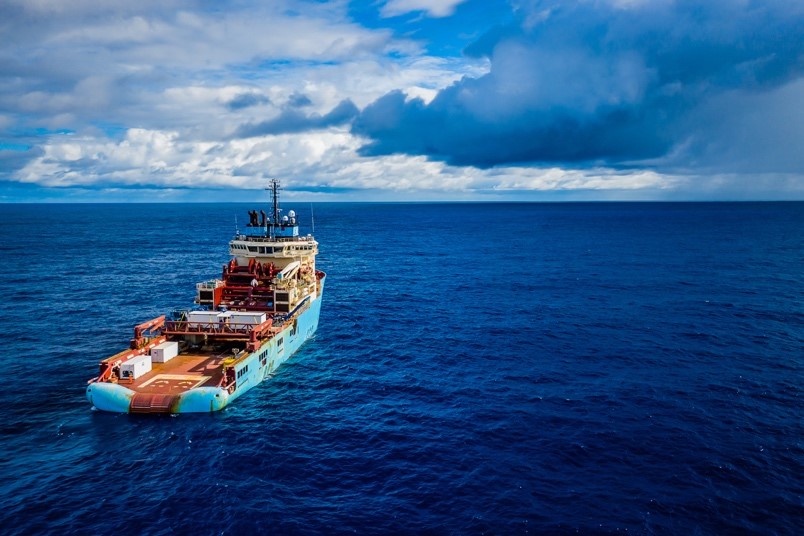
Mining News Pro - BMW, Volvo, Google and Korean battery maker Samsung SDI, have vowed not buy metals produced from deep-sea mining until the environmental risks of the activity are “comprehensively understood.”
The companies are the first global businesses to support a World Wildlife Fund (WWF) call for a moratorium on mining the seabed, which could deal a major blow to firms planning to mine the deep ocean this decade.
The signatories have also said they will not finance any deep sea mining companies.
“Before any potential deep seabed mining occurs, it needs to be clearly demonstrated that such activities can be managed in a way that ensures the effective protection of the marine environment,” they said in the statement.
“All alternatives to deep sea minerals must be explored as a matter of urgency, with a focus on reducing demand for primary metals, transitioning to a resource-efficient, closed-loop materials economy, and developing responsible terrestrial mining practices,” the companies noted.
Mining the ocean floor has been promoted as an alternative to land-based mining, as demand for minerals needed for a green energy transition, such as cobalt and nickel, are set to exceed current production rates by 2030.
Yet regulations to support the emerging activity have yet to be agreed upon by the International Seabed Authority (ISA). The UN-backed body of 167 countries has already issued exploration contracts to 21 companies, but they cannot begin mining until regulation is passed.
An international team of researchers published in 2018 a set of criteria to help the ISA protect biodiversity from deep-sea mining activities while it prepares global rules.
According to the US Geological Survey, the deep-sea accounts for more than half the world’s surface and contains minerals in concentrations several times higher than those found in all land reserves combined.
Targeting nodules
The main target of companies planning to mine underwater are polymetallic nodules. These small rocks, which lie in a shallow layer of mud on the seafloor, are rich in cobalt, nickel, copper, manganese and rare earths.
Scientists and explorers have also identified cobalt-rich crusts, located shallower than nodules and sulphates.
Recent reports, including one commissioned by the High Level Panel for a Sustainable Ocean Economy (Ocean Panel), have called for further research to fill gaps in knowledge before any seabed mining is allowed. They have also argued for the need to set protected zones across all ocean regions under the ISA’s jurisdiction.
The European Parliament has also called for a ban on seabed mining until the environmental impacts and risks of disturbing unique deep-sea ecosystems are understood.
Short Link:
https://www.miningnews.ir/En/News/611994
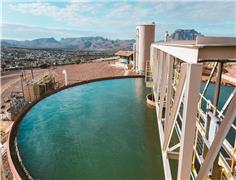
A Native American group has asked all members of a US appeals court on Monday to overturn an earlier ruling that granted ...
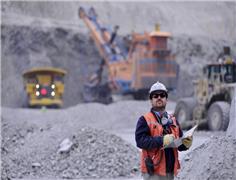
Codelco is exploring more partnerships with the private sector as Chile’s state copper behemoth looks to recover from a ...
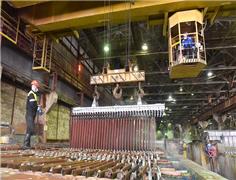
The London Metal Exchange (LME) on Saturday banned from its system Russian metal produced on or after April 13 to comply ...

China’s state planner on Friday finalized a rule to set up a domestic coal production reserve system by 2027, aimed at ...
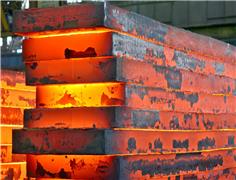
Iron ore futures prices drifted higher on Thursday as the latest soft data from top consumer China triggered renewed ...

The world’s coal-fired power capacity grew 2% last year, its highest annual increase since 2016, driven by new builds in ...
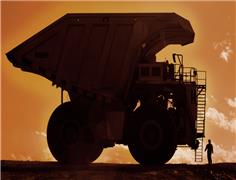
Peabody Energy Corp. shares sunk to the lowest in seven months after the biggest US coal miner warned that first-quarter ...
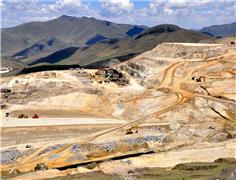
Peru’s Las Bambas copper mine, owned by China’s MMG, is facing renewed blockades of a key transport route after failed ...
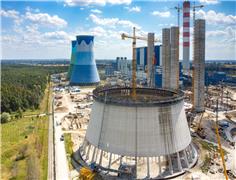
Polish government is abandoning plans to separate coal-fired power plants into a special company and is considering ...
No comments have been posted yet ...